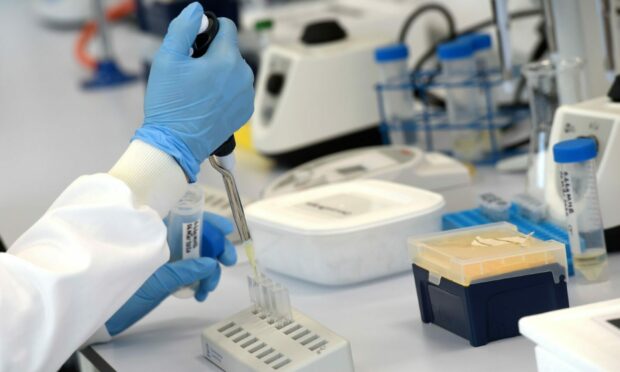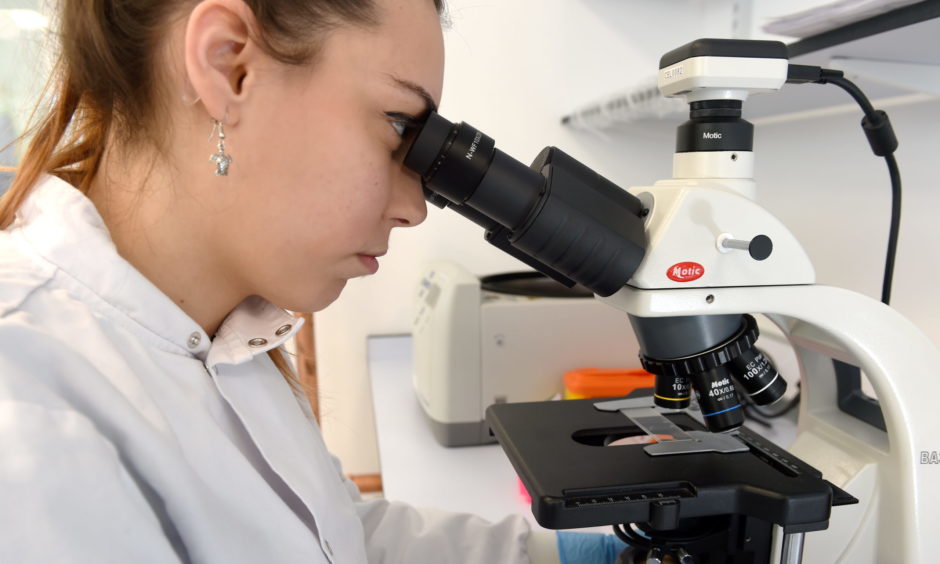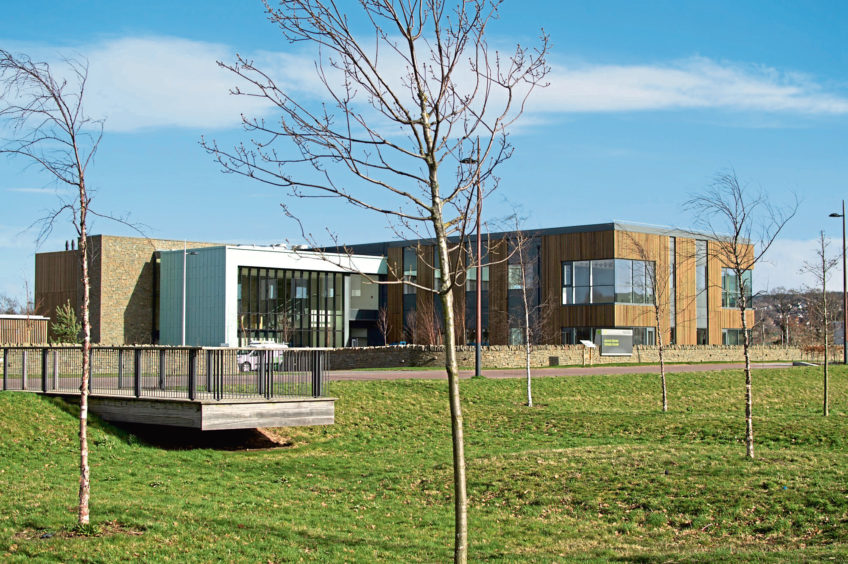An Inverness life sciences firm with a promising technology to help tackle one of the biggest scourges facing humanity has sadly collapsed into administration.
Some 38 employees of ODx Innovations lost their jobs with immediate effect ahead of the turn of the New Year after company directors were forced to admit the firm had run out of cash.
This was despite having raised nearly £15 million in fresh lending in 2021.
However, administrators are hopeful that a buyer will be found for technology developed in Scotland and could even save some jobs.
What was ODX doing?
ODx Innovations was developing a device that could help detect antibiotic resistance in urinary tract infections (UTIs) that would speed up diagnosis and treatment.
UTI infections are not just a pain – they cause 1.6m deaths globally due to antibiotic-resistant bacteria.
Meanwhile resistance to antibiotics, otherwise known as antimicrobial resistance (AMR), is on the verge of becoming the next global health crisis.
AMR occurs when infections – whether they are caused by bacteria, viruses, fungi or parasites – become resistant to the drugs used to treat them.
The World Health Organisation (WHO) has declared that AMR is one of the top 10 global public health threats facing humanity as the world is running out of effective antibiotics to treat common infections.
The ODx test – initially developed by researchers at St Andrews University in Fife – can help decide whether treatment is needed or not, reducing antibiotic use. If treatment is needed, it can help medical staff choose the most effective antibiotic within an hour, instead of waiting two or three days for a test result.
How did the company come to Inverness?
Founded in 2016 as Orbital Diagnostics, the firm took on a new name and relocated to Inverness in 2019.
Part of the attraction of the region was a £1.75 million grant from Highlands and Islands Enterprise (HIE).
Also of appeal was space at the £4.5 million life sciences building Solasta House at Inverness Campus where the company signed a ten-year lease.
ODx chief executive Giles Hamilton said the firm had considered Dublin, Paris and San Francisco for its headquarters but decided on Inverness and its world class campus “for a whole host of reasons”.
Chief among these he said was “the existence of a high level of well-trained people locally who can utilise their skills in the medical device industry. We also have on a per capita basis in percentage terms, the highest med tech population in Europe, bolstered by a long successful history of light engineering in the area.”
What happened to the money?
The cash from HIE was earmarked to create more than 30 jobs, including engineers, microbiologists, data scientists and lab technicians.
This was achieved although further plans to treble the number of employees announced in 2020 failed to materialise.
HIE insisted that the grant conditions had been fulfilled by the time the company fell into administration.
In a statement, the agency said the life sciences sector in the Highlands and Islands “remains very strong and growing” although it was unable to point to examples.
It added that “the skills and experience of ODx employees should be attractive to other companies looking to recruit, so there are grounds for optimism in that respect”.
Cash hungry
According to accounts for the firm published in November, the company was looking to raise cash early in 2023.
Although the firm had raised $17.7 million (£14.9m) in loans in 2021 it needed more.
According the documents filed at Companies House, “the directors recognise that the company requires further investment by new and existing investors in order to continue to operate at forecast levels over the next 12 months as well as additional funding towards working capital from their existing investor in 2023”.
The report added that the directors had a “reasonable expectation” that the company could “obtain sufficient resources”.
AAB head of restructuring and recovery Duncan Raggett said the company ran out of money despite directors having done “everything they could” to keep it going.
He added he and fellow administrator Seamas Keating of FPM Accountants would be “working around the clock” to find a buyer for the company’s “ground-breaking technology”.




Conversation